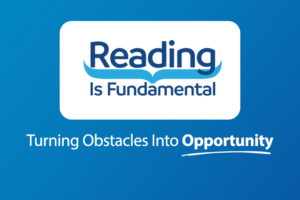Sarah Ford | April 2, 2013
Why Can’t We Sell Charity Like We Sell Perfume?
It’s time to change how society thinks about charity and social reform. The donating public is obsessed with restrictions—nonprofits shouldn’t pay executives too much, or spend a lot on overhead or take risks with donated dollars. It should be asking whether these organizations have what they need to actually solve problems. The conventional wisdom is that low costs serve the higher good. But this view is killing the ability of nonprofits to make progress against our most pressing problems. Long-term solutions require investment in things that don’t show results in the short term.
We have two separate rule books: one for charity and one for the rest of the economic world. The result is discrimination against charities in five critical areas.
>> Continue reading this Wall Street Journal story
Get Resources and Insights Straight To Your Inbox
Explore More Articles
Workplace Fundraising + Volunteering Summit (April 2nd and 3rd, 2025)
Join us in attending this virtual summit! The America’s Charities team is joining up with other leading voices in the workplace giving space for a…
Read ArticleThe Time to Act is Now
The results of the 2024 National Assessment of Educational Progress (NAEP) are in, and the findings are, in a word, heartbreaking. This assessment serves as…
Read ArticleOpen Position: Non-Profit Account Manager, Employee Assistance Funds & Scholarships (Remote – Full Time)
We are professional, agile, customer-centric and our goal is to inspire employees and organizations to support causes they care about. We help nonprofits fundraise unrestricted,…
Read ArticleGet Resources and Insights Straight To Your Inbox
Receive our monthly/bi-monthly newsletter filled with information about causes, nonprofit impact, and topics important for corporate social responsibility and employee engagement professionals, including disaster response, workplace giving, matching gifts, employee assistance funds, volunteering, scholarship award program management, grantmaking, and other philanthropic initiatives.




